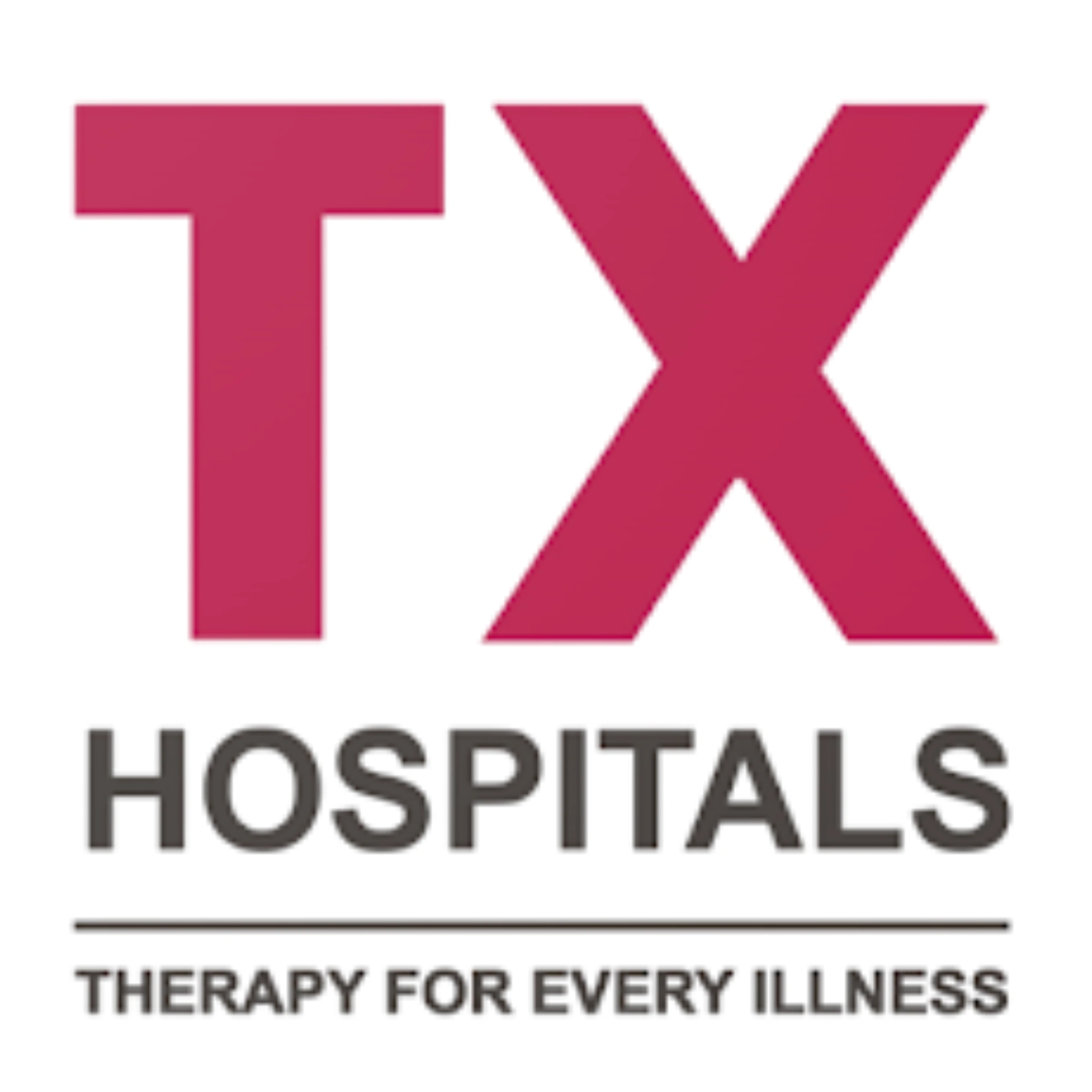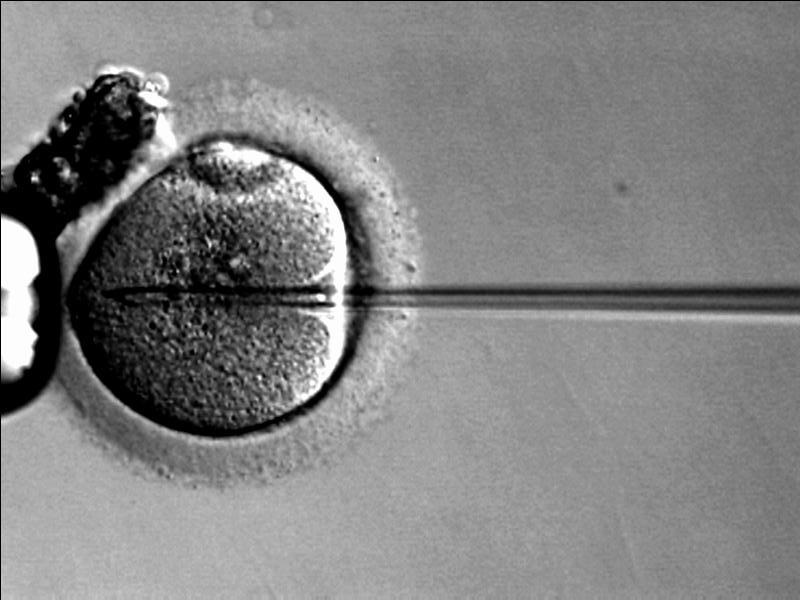Hospitals Available with this IntraCytoplasmic Sperm Injection(ICSI) Treatment




Department: Gynaecology
Estimated Cost : $1800 - $3000
IntraCytoplasmic Sperm Injection (ICSI) is an advanced form of IVF where a single healthy sperm is directly injected into a mature egg to facilitate fertilization. It is primarily used in cases of severe male infertility or when previous IVF cycles have failed.
ICSI significantly increases the chances of successful fertilization, especially when male infertility is a contributing factor.
ICSI is ideal in the following cases:
No fertilization despite normal eggs and sperm.
Cryopreserved sperm or eggs often benefit from ICSI for better fertilization.
ICSI is used when the reason for infertility is unknown.
Used alongside Preimplantation Genetic Testing (PGT) for better embryo selection.
For cancer patients or those using stored sperm samples.
Hormonal injections are used to produce multiple eggs.
Mature eggs are collected via a minor procedure called follicular aspiration.
Sperm is either ejaculated or surgically retrieved and prepared for injection.
A single sperm is injected directly into each mature egg using a micro-needle.
Fertilized eggs are cultured for 3–5 days to develop into embryos.
A healthy embryo is transferred into the uterus under ultrasound guidance.
A blood test is performed two weeks later to confirm pregnancy.
Success depends on age, medical history, and egg/sperm quality.
Caused by hormone injections; can lead to bloating and pain.
Minimal risk of infection or bleeding.
May still occur if egg or sperm quality is poor.
Not all embryos develop normally.
Slightly increased risk of chromosomal abnormalities.
Higher if multiple embryos are transferred.
Requires mental and physical preparedness.
Healtour Solutions Minimizes Risks By:
Additional Costs May Include:
Significantly lower costs than the USA, UK, or Australia.
Access to expert embryologists and world-class labs.
Combine treatment with cultural exploration.
IVF: Fertilization occurs naturally in the lab.
ICSI: A single sperm is directly injected into the egg.
No, other methods like IUI or surgical sperm retrieval are available, but ICSI is the most effective in severe cases.
The full cycle typically takes 4 to 6 weeks.
Yes, sperm can be surgically retrieved for use in ICSI.
Fertilization rates range between 70–80%, and pregnancy rates vary from 30–60%, depending on individual factors.
@2025 Healtour Solutions Pvt Ltd. All Rights Reserved.